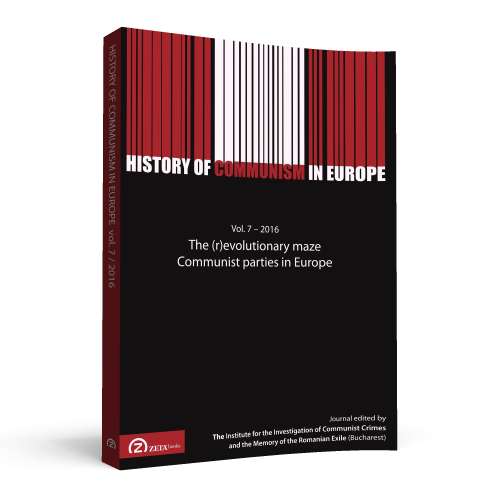The “Westernisation” of the Communist Elites in Romania: Elite Modernity, Integration and Change
The “Westernisation” of the Communist Elites in Romania: Elite Modernity, Integration and Change
Author(s): Alexandra IancuSubject(s): History, Political history, History of Communism
Published by: Zeta Books
Keywords: political recruitment; government; Romania; career trajectories; party institutionalisation
Summary/Abstract: The ministerial recruitment strategies in Communist Romania are a symmetric replica of the elite selection patterns in parliamentary democracies. Starting with the mid-60s, all the major traditional pathways to power formally mirror mechanisms of the elite selection and differentiation, which are commonly encountered in Western democracies. During the Communist regime, “atypical” credentials such as education (international degrees), academia, and the economic experiences also increased the likelihood of a promotion in public office. Starting from the notable differences between the Romanian elites and those in other Communist countries in the region, the paper argues that intertwined patterns of “Westernisation” and patrimonial-type credentials contributed to the consolidation of the Romanian Communist Party and hindered, in the aftermath of the regime change, the first attempts at elite renewal and democratisation.
Journal: History of Communism in Europe
- Issue Year: 2016
- Issue No: 7
- Page Range: 155-173
- Page Count: 19
- Language: English

